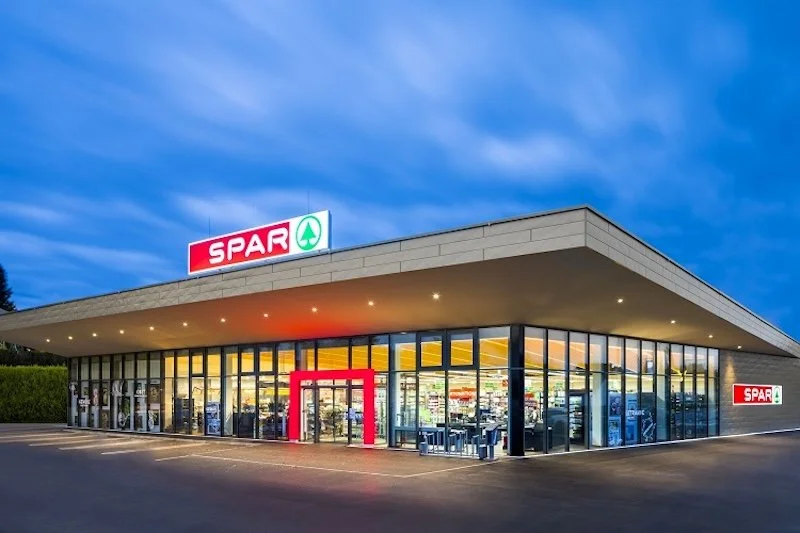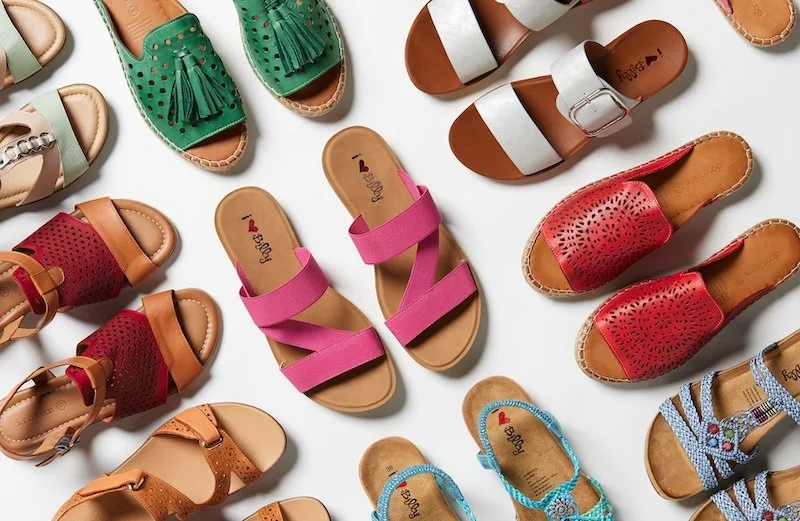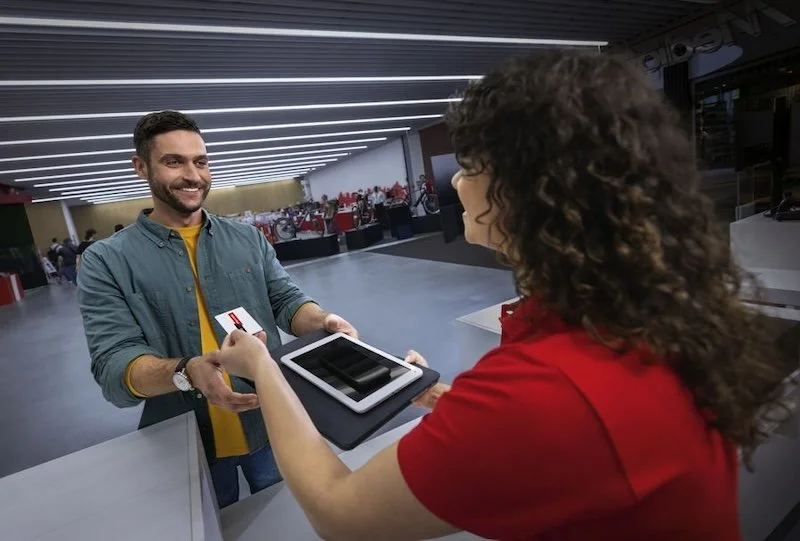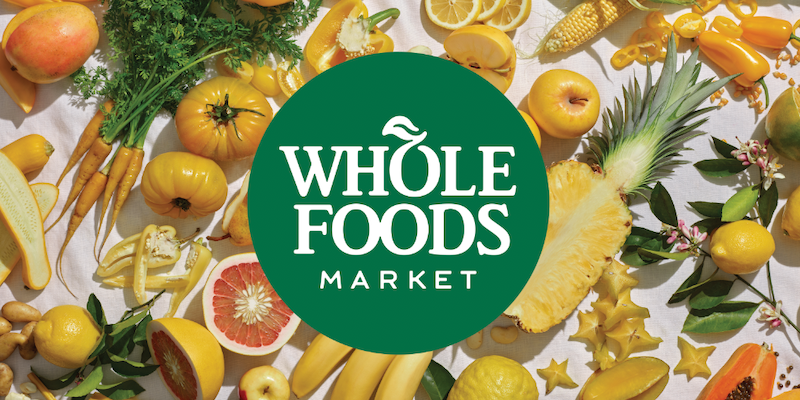English SMEs turn to e-commerce as second coronavirus lockdown kicks in
Two-thirds of small and medium-sized enterprises in England feel more prepared for the current national coronavirus lockdown than they did for the first one in March, according to research from Barclaycard Payments.
Research was conducted online by YouGov between 5th October – 29th October. YouGov polled 573 senior members of staff working in UK SMEs.
Following the UK lockdown announcement at the end of October, it also ran a separate survey between 4th November to 9th November across 547 respondents.
The top reasons given for the aforementioned positive outlook are mental preparation (36%), the changes they’ve made to their business to make it more resilient (32%), and the government support in place (14%)
Across the UK, many SMEs are also turning to e-commerce as a way of recapturing some of the opportunities they’ve missed out on.
45% have increased their online presence since March 2020 – with website improvements (67%), putting services online (66%) and social media advertising (64%) cited as the measures which have had the most positive impact. Half of business owners also reported investing in improving digital skills, either for themselves or their staff.
Small businesses are being rewarded for adding the ability to take online payments, with e-commerce transactions at SME merchants up 6% since last quarter, and up 16% year-on-year.
Looking ahead to next year, 74% are planning to invest back into their business. The most popular areas are marketing (29%), and new equipment/technology (28%). SMEs are also embracing the shift to ‘working from home’ for the long-term, with 22% planning to invest in this area or productivity tools.
Paradise Indian Restaurant
Wasel Ali, Owner, Paradise Indian Restaurant, says: “The first lockdown was a real shock for us. Having mainly operated as a sit-down restaurant, with a small Click and Collect takeaway option, for over 50 years – we suddenly had to adapt and launch our own home delivery service.”
“While we knew our customers on first name terms, we realised that we had no way to contact them or let them know that we were still operating. Luckily word-of-mouth got round, but over the past few months, we’ve been forced to think outside the box and develop as a business.”
“We’re now in a much better position. Since the first lockdown, we’ve set up a new kitchen exclusively for takeaway orders, have begun developing a social media presence, and are designing our own app so that customers can order with us directly.”
“My advice for other SMEs is to try and stay calm and identify where, despite the restrictions, you can still make sales – however small they may be,” he concludes.










Continue reading…